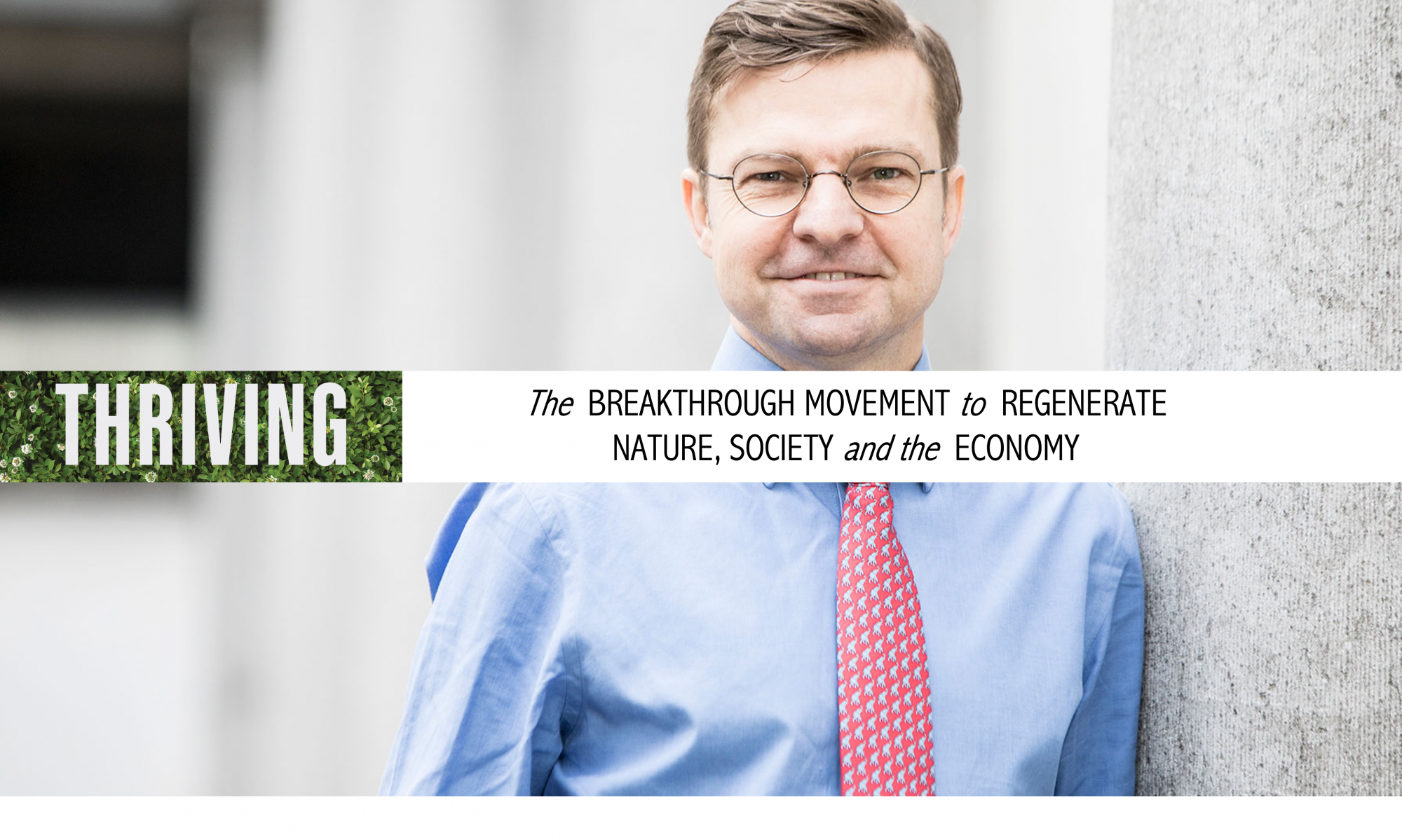Family Friendly Enterprise:
Slovenia leads the way
Article by Wayne Visser
An International Sustainable Business column for The Guardian
Only 14% of employees in the UK (compared with a 21% global average) are fully engaged in their work and one in four (24%) are not satisfied with their job, according to a Towers Watson global workforce survey. Furthermore, nearly one in three (30%) do not feel engaged by their employer.
This is no trivial matter. Gallup estimates the cost of employee disengagement to the UK economy to be somewhere between £59.4bn and £64.7bn. Part of this cost is sickness-related absence; engaged employees in the UK take an average of 2.7 sick days per year, compared with 6.2 for those who could be described as disengaged.
The Centre for Mental Health estimates that employers loose around £8.4bn a year this way. However, nearly double this amount (£15.1bn a year) is due to productivity loss from people not feeling well in the workplace, so-called presenteeism.
Turn the trend around, however, and there are big upsides to having an engaged workforce. Research by the Corporate Leadership Council suggests that engaged employees are 87% less likely to leave their organisation. According to the IES/Work Foundation, if companies increased investment in workplace engagement by 10%, they would increase profits by £1,500 per employee per year. That is because engaged employees generate 43% more revenue than disengaged ones and highly engaged organisations have the potential to reduce staff turnover by 87% and improve performance by 20%.
Given these statistics, it is hardly surprising that issues of wellbeing in the workplace are on the rise. In the UK, Business in the Community (BITC) promotes this agenda through their Workwell campaign, while globally the Great Place to Work Institute partners with more than 5,500 organisations with around 10 million employees to conduct the largest annual set of workplace culture studies in the world.
According to their research, employees believe they work for great organisations when they trust the people they work for, have pride in what they do and enjoy the people they work with.
Great Place to Work’s annual surveys and awards give kudos and some PR-driven reputational payback for companies that are investing in workplace wellbeing. For example, Microsoft topped the leader board in 2011 for the best multinational to work for globally, as well as in Europe.
“For us that means greater creativity, greater productivity and, ultimately, continued success as a market leader,” says Michel Van der Bel, managing director for Microsoft UK says. Kimberly Clark scored top in Latin America and the Admiral Group leads in the UK. Importantly, Great Place to Work also recognises large national companies and small and medium-sized enterprises.
Awards are one way to recognise best practice. Another is certification of management systems, which tends to encourage greater embedding of the values in the organisation. One place where this is happening is Slovenia, where the Ministry of Labour, Family and Social Affairs, in partnership with auditing firm The Ekvilib Institute, has run a family friendly enterprise certification scheme since 2007 …
Continue reading
[button size=”small” color=”blue” style=”download” new_window=”false” link=”http://www.waynevisser.com/wp-content/uploads/2012/10/article_slovenia_wvisser.pdf”]Pdf[/button] Family Friendly Enterprise (article)
Related websites
[button size=”small” color=”blue” style=”tick” new_window=”false” link=”http://www.waynevisser.com/books/the-quest-for-sustainable-business”]Link[/button] The Quest for Sustainable Business (book)
[button size=”small” color=”blue” style=”tick” new_window=”false” link=”http://www.csrinternational.org”]Link[/button] CSR International (website)
Cite this blog
Visser, W. (2012) Family Friendly Enterprise: Slovenia Leads the Way, Wayne Visser Blog Briefing, 1 October. First appeared in The Guardian.


